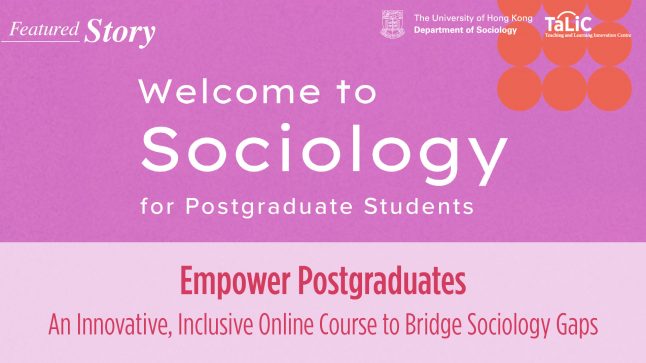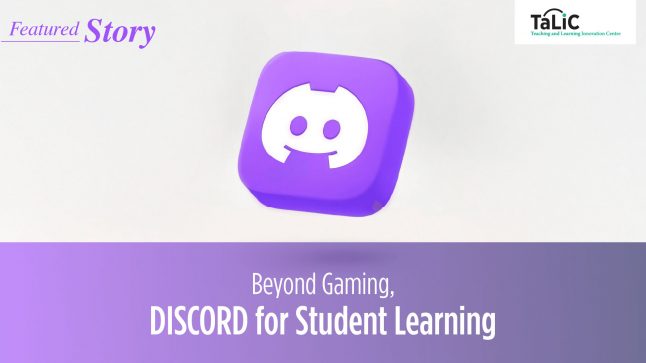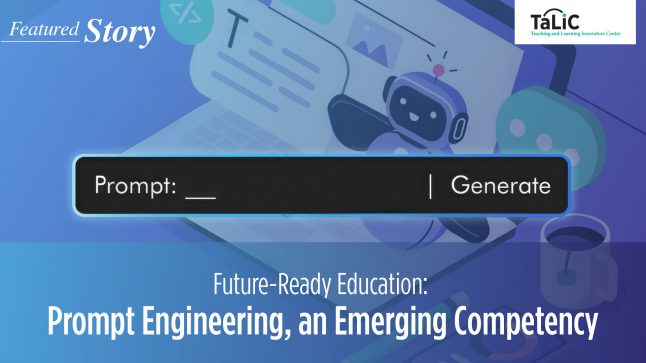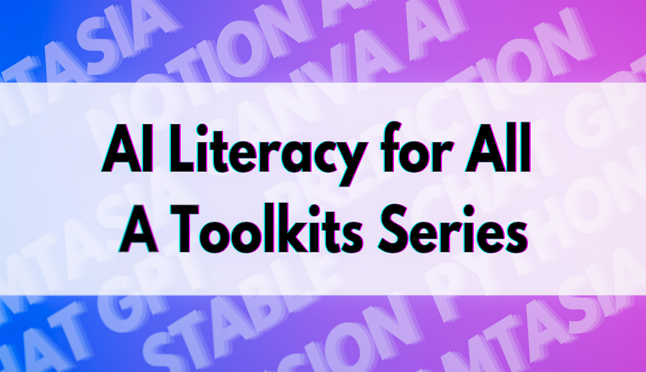
This blog post is part of the ‘Flipped Classroom Professional Development Series’.
Flipped classroom encourages deep learning. In today’s fast-paced world, students are confronted by an increasingly complex and uncertain future. How are we going to prepare them for these challenges? Flipped classroom might be the key.
What is ideal learning like? We may have different ideas in mind, but some key aspects of learning better include improving efficiency, effectiveness, quality, and perhaps satisfaction. One of our endeavours to ameliorate our ways of learning and teaching is employing the flipped classroom approach. “At HKU, flipping the classroom has been a grassroot movement of T&L change,” said Professor Ian Holliday in the Flipped Classroom Learning Symposium – Sharing of Pedagogies and Practices on December 6, 2017. In this blog post series, we will introduce key concepts of flipping with real cases in HKU.
 The Flipped Classroom Learning Symposium – Sharing of Pedagogies and Practices, December 6, 2017.
The Flipped Classroom Learning Symposium – Sharing of Pedagogies and Practices, December 6, 2017.
What is Flipped Classroom?
Flipped classroom is “the practice of assigning lectures outside of class and devoting class time to a variety of learning activities,” (DeLozier & Rhodes, 2017, p. 141). Students take an active role in exploring new ideas, investigating complicated cases, constructing arguments, solving real-life problems, and creating a synergetic learning community with fellow learners. In a flipped class, “[students] are no longer recipients of just passive learning, but active shapers of their own learning and problem solvers in the class,” said Professor Holliday.
Flipping in HKU: A Grassroot Movement of T&L Change
In HKU, flipping the classroom has been a grassroot movement jointly initiated by practitioners in a wide range of disciplines. These pioneers showcased their fruits of their endeavours at the Flipped Classroom Learning Symposium, with more than 200 teaching staff and researchers from various faculties and institutions attending. In particular, they shared the highlights of their courses, and discussed the effectiveness as well as scalability of the pedagogies used. Students benefiting from flipped learning also shared their views in the discussion panel.
The Symposium at a Glance
- Welcome Speech
Professor Ian Holliday, Vice-President and Pro-Vice-Chancellor (Teaching and Learning) - What is Flipped Classroom and Why We Flip it?
Dr. Lily Zheng, Assistant Professor, Centre for the Enhancement of Teaching and Learning - Classroom Flipping in CAES
Ms. Heidy Wong (Assistant Lecturer), Mr. Sam Cole (Senior Lecturer) and Mr. Patrick Desloge (Senior Lecturer), Centre for Applied English Studies - Flipping a Science Foundation Course – Experience and Challenges
Dr. Rachel Ka Wai Lui (Lecturer) and Dr. William Man Yin Cheung (Lecturer), Faculty of Science - Common Core: New Approach – The (re-)making of CCHU9001 ‘Designs on the Future’
Mr. Mathew Pryor, Head of Division of Landscape Architecture, Associate Professor (Teaching), Faculty of Architecture - Flipping a Classroom like Solving a Rubik’s Cube
Professor Ricky Y.K. Kwok (Associate Vice-President (Teaching & Learning)) and Ms. Andrea Qi (Honorary Lecturer), Faculty of Engineering - Flipped Classroom – Chest Pain
Dr. Ming-Yen Ng, Clinical Assistant Professor, Faculty of Medicine - Advanced Negotiations Simulation
Dr. Courtney Fung, Assistant Professor, Faculty of Social Sciences - Flipping a Dental Classroom
Dr. Michael Botelho, Clinical Associate Professor, Faculty of Dentistry - Flipping a Large Class with Authentic Materials
Professor Rick Glofcheski, Professor, Faculty of Law - Student Panel
- Discussant Panel
All speakers
 Discussant panel
Discussant panel
- Closing Remarks
Dr. Susan Bridges, Assistant Dean (Curriculum Innovation), Associate Professor, Faculty of Education
Flipped Classroom and Deep Learning
Flipped classroom encourages deep learning, in contrast to surface approaches – a recurring theme in all presentations. In today’s fast-paced world, students are confronted by an increasingly complex and uncertain future. It is our responsibility as educators to prepare them for these challenges. Flipped classroom, an approach that facilitates deep enquiry, helps prepare our students for the future.
Speed, complexities and uncertainties are three major challenges that the current generation faces. In this digital age when information is at an arm’s reach, many students want to obtain more information in a shorter time. However, this convenient access to information may numb the need to deeply engage with the content, causing a shallow acquisition of information and sacrificing quality for quantity.
In a world that is moving increasingly faster, the job market is also rapidly transforming. Despite alternate opportunities emerging, the fast evolution of market trends and new technologies makes the future of the working world less predictable. It will only become more difficult for students to foresee and prepare for the future by the time they graduate.
Critical thinkers and problem solvers, however, will adapt to changes and thrive in every field. Deep learning is the key to help students become good problem solvers. In particular, we should
- prompt students to interact with content and engage in deep enquiry
- generate ample opportunities for meaningful F2F interactions with peers and the teaching staff.
How can we achieve this? Flipped classroom might be the answer, due to its emphasis on deep learning. Unlike traditional lectures where the professor stands on stage to deliver content, students in a flipped class enjoy substantial opportunities to actively learn through discussing and exploring with their peers and teachers.
 “Flipped classroom is reacting to the issues of speed, complexities, and uncertainties in this modern world”, summarizes Dr. Susan Bridges in her closing remarks.
“Flipped classroom is reacting to the issues of speed, complexities, and uncertainties in this modern world”, summarizes Dr. Susan Bridges in her closing remarks.
One step further
To further expand the flipped classroom movement within and beyond HKU, we have prepared a series of blog posts summarizing various key aspects of flipped classroom.
- Designing Your Own Flipped Classroom: Online and Pre-class Elements
- Getting Students Ready for Your Flipped Class
- Designing In-class Activities for Flipped Classroom
- Measuring the Effectiveness of Your Flipped Class
Check out also our newly developed online repository of case documentation, useful resources and research findings related to flipped classroom.
Interested in flipping your class? Contact us.
Reference
- DeLozier, S. J., & Rhodes, M. G. (2017). Flipped classrooms: A review of key ideas and recommendations for practice. Educational Psychology Review, 29 (1), 141-151. [Link]











